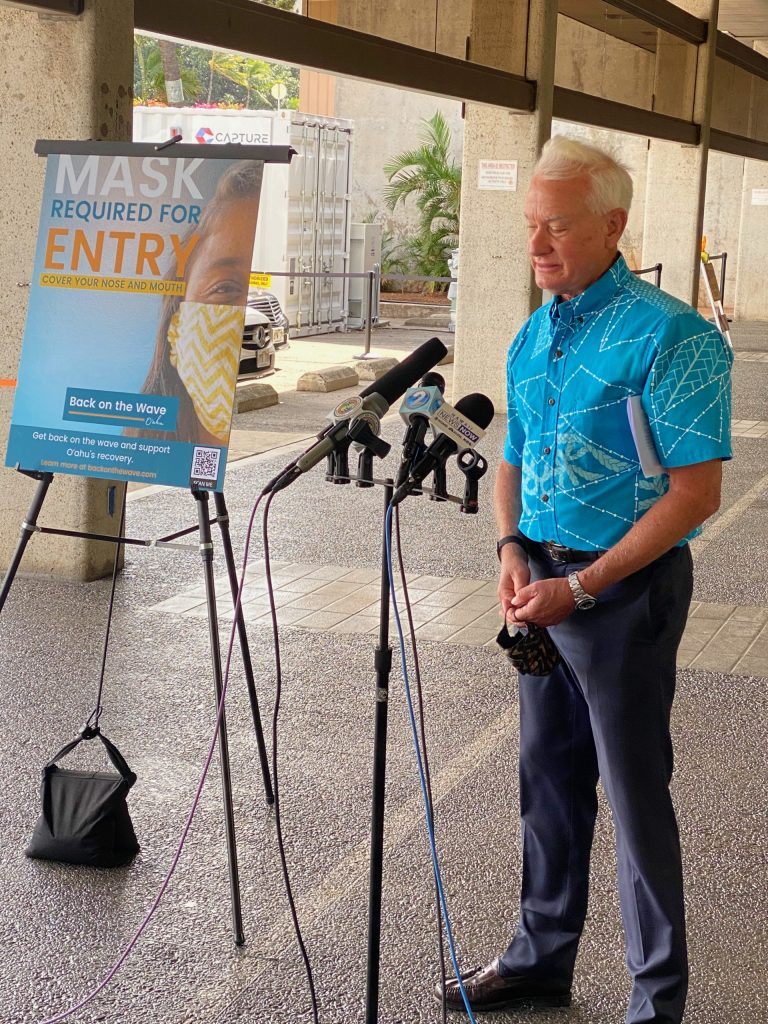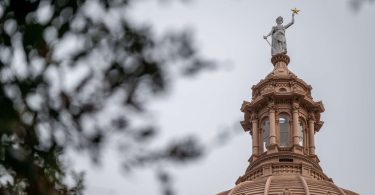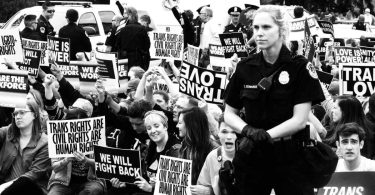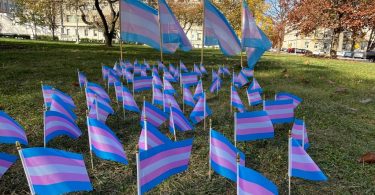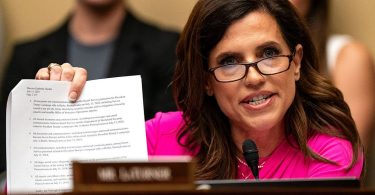Japanese and Canadians are in the process to select Hawaii again as a holiday destination. Visitors from Taiwan and South Korea may be welcomed back to Hawaii beaches, but fellow Americans are left behind – and there is a sad reason for this. Getting an appointment for a COVID-19 test in California for a Hawaii vacation has become a difficult if not often impossible task.
Checking every single day for the last 7 days, no appointments anywhere in California for CVS were available. Calling the appointment line for Walgreens is impossible with 6 hours of waiting and no answer.
Costco and some other trusted test stations send a test kit, and a video conference cannot be scheduled until this prepaid kit arrives.
The State of Hawaii added several additional trusted providers, but the line or non-availability for the test doesn’t appear to change. It appears US mainland testing locations are simply overwhelmed and needed for instate testing. A Hawaii vacation is becoming less of a priority.
It appears the Hawaii Governor sees this clearly but has a different approach he cannot openly say. He said he was responding to the dramatic increase of infections on the US mainland and around the world.
The around the world part may not be the reason, because Hawaii just made an agreement with Canada to allow passengers to arrive under the same pre-testing conditions. Only in Canada COVID-19 are dramatically lower, and testing is widely available.
The same now counts for Japan, and the Hawaii Tourism Authority CEO told a community meeting on the Island of Hawaii, such agreements are in the final stage with Taiwan and South Korea.
This was also confirmed today by Honolulu Mayor Kirk Caldwell. Caldwell knows the impact this order by the governor will make for the Hawaii tourism industry. Therefore, the Mayor wants the new airport testing facility to allow tourists to be tested upon arrival and released from quarantine once a negative results posts.
In the meantime, Hawaii Governor Ige ordered that starting on Nov. 24, travelers wanting to bypass Hawaii‘s 14-day mandatory quarantine must have COVID-19 test results from a trusted travel partner prior to departure to the islands. The key words are “prior to departure.” This seems to be impossible for most travelers due to the testing availability on the US mainland.
“We’re taking this added safety precaution now in response to the dramatic increase in COVID-19 cases on the mainland and around the world. The health of our residents and visitors is our primary concern, particularly with more people traveling to Hawaii over the holidays,” said Gov. Ige.
“If a traveler’s test results are not available before boarding their final flight segment, the traveler must quarantine for 14 days or the length of their stay, whichever is shorter,” the Governor explained.
The new policy applies to domestic transpacific flights and international flights departing from locations in which the State of Hawaii has pre-testing programs in place.
In the meantime, Honolulu Mayor blasted Governor Ige and the State for not following through on spot surveillance testing as it was a condition for Oahu to allow tourism to restart on October 15.
The Mayor said at a press conference earlier today:
Almost a little over a month ago, Oahu and Hawaii opened up to visitors from the continent under the state’s pre-testing program, and as you know there is a lot of discussion among all the mayors of the 4 counties on whether there should be a mandated second test and whether if we can’t get a mandated second tes,t then perhaps a voluntary second test. The other counties – 2 of the counties – required a voluntary second test or asked for a voluntary second test – the island of Hawaii, the county of Hawaii, imposed a second test on everyone when they came off the plane in the initial days.
For me on Oahu, I supported the Governor’s pre-travel testing program – one test is better than no test, but I also was willing to take some risk in terms of health and safety of the population of Oahu, because there was a guarantee – a promise made – to all of the mayors that the state would put in place a robust surveillance testing program. What did that mean?
What they told us in a written memo is that they would test 10 percent of all arrivals – visitor arrivals – 4 days after arriving on the island and that the 10 percent would be selected at the airport, here at Daniel K. Inouye International Airport and the other airports where you fly into from the continent like Kona, Maui, and Kauai. We’ve been waiting since for the results of that surveillance test. We’ve relied on the promises made and took risk, and that risk now is greater because of the number of cases on the continent and the raging wildfire of COVID-19 and positivity rate of over 10 percent compared to ours below 3 percent.
We’ve asked for the numbers. The response is there’s about 17,000 people that have been pre-tested, and they share this information not broken down by county. Now, we support the methodology that was put in place; no disagreement on the methodology, the scientific basis on which to do this surveillance testing program. But when they say 17,000 pre-tests have been done, they don’t say where they’ve been done, was it 10 percent pre-selected at the airport 4 days after arrival? But in that number of 17,000, are all the tests done on the island of Hawaii where Mayor Kim mandated a second test upon arrival? We know at some point it was over 12,000 tests, so if the 12,000 are dumped into the 17,000, so the total of 17,000 with the 12,000 – that is not a random pre-selected group of people at every airport where people are coming in from the continent. And that is a test done immediately upon arrival in Hawaii, and we know that people coming from the continent got tested at the airport – LAX, SFO, and others.
The flight takes about 5 hours, so you get a test and 5 hours later you arrive and get a second test – that is not a 4-day later surveillance test. It would be like any of you or all of you watching, if you got a test and you were negative and said I’ll come down here to the airport and get a test 5 hours later… Eh, look, I’m still negative. Well, duh, you’re going to be negative, because it takes 4 to 7 days to start shedding. That’s not surveillance of anything, and it’s misleading if you’re using that number and saying here’s the results of the surveillance test, and we show a low positivity rate.
We’ve been told for Oahu, 2 days ago, when it was asked by our Communications Director, by the Lieutenant Governor, that about 1,000 tests have been done on Oahu, but we knew 2 days ago that Oahu received about 117,000 visitors. Ten percent of 117,000 visitors if they’re pre-selected at the airport is what – 11,700; 1,000 is 1 percent not 10 percent.
This is not a scientific study of surveillance test results that tell me as the Mayor what kind of risk we’re taking on. Now, I am hoping that the rate is very low, that the pretest – there’s a couple of things. One, you self-selected; you only get the test because you feel you’re safe and people who get tests probably are safer. And two, people who get the test who are positive, don’t come. So I’m not hoping for a higher result, I just want what was promised, because health and safety is the most important thing.
As Mayor, I’m not the most popular guy – did stay at home, work at home orders twice, because it was about health and safety. Our tier system is holding a hard line, because it’s about health and safety, and we need to get scientific results about the positivity rate particularly as we see more higher level of positivity on the continent. Every day they should be saying, we’ve tested 10 percent 4 days later, and here’s what we see yesterday and tomorrow just like we give you our numbers every day on a 7-day average. We should know is the positivity rate going up or down? Now, why do I want to know this? Because I want to take further action if necessary. Perhaps we put in a place a voluntary second test 4 days later. Perhaps we go to the Governor and say we don’t want to shut down our visitor industry again, but maybe we need a mandatory second test 4 days later. If we see a higher level of positivity, and we start infecting those that work in our visitor industry, we need to know that.
We just want the information to protect the health and safety of the million residents of this island. I think it’s a fair thing to ask, and we’re not getting it.

